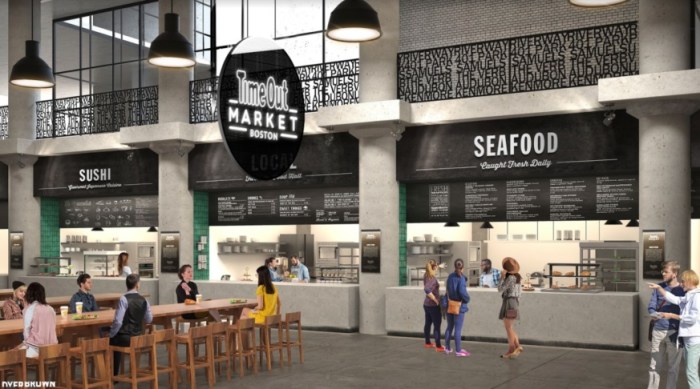The Harvard economics professor who threatened a Chinese restaurant over a $4 overcharge was described Wednesday by a former student as “a very nice guy,” but socially out of touch.
The incident went viral Tuesday when the email back-and-forth between Harvard Business School professor Ben Edelman and Ran Duan, a manager for Sichuan Garden restaurant, regarding the overcharge was published by Boston.com. “He will do anything to right a wrong if he views it as correcting the system.” said the former student, who spoke on the condition of anonymity. “I don’t think he knows he comes off looking like an (expletive). I feel bad. This makes him look like a horrible guy when he’s not. He’s just not as with it socially as he should be.” Edelman apologized Wednesday on his personal website, writing that “having reflected on my interaction with Ran, including what I said and how I said it, it’s clear that I was very much out of line. I aspire to act with great respect and humility in dealing with others, no matter what the situation. Clearly I failed to do so. I am sorry, and I intend to do better in the future.” The brouhaha began when Edelman discovered his final takeout bill from Sichuan Garden in Brookline was $4 more than the total should have been, at least according to the price’s listed on the restaurant’s web site. Duan apologized, explained the web site prices were out-of-date and then offered to refund the overcharge. That’s when Edelman doubled down, referenced state consumer protection law, and pushed to be reimbursed for triple damages. Cue the online outrage. The exchange begs the question: can you really go to the legal mat over a menu discrepancy?
“Honestly, I think any magistrate would look at (Edelman) like he’s a numbskull, but is he entitled to file something? Yeah,” said Matthew Venezia, a local attorney. “I don’t think he’d be awarded much more than the $4, though.” As for the triple damages, Venezia said he doubted the court would give such an award in this instance because the business manager apologized, took down the web site and immediately offered a refund. The court, which would decide on the amount of damages, would likely look favorably on those mitigating factors. The matter would fall under a Massachusetts law known as Chapter 93A, which is supposed to prohibit deception or unfairness in the marketplace and give consumers some leverage to battle it out with companies if they feel they’ve been wronged, he said. “The manager offered to do the right thing,” said Venezia. “How many businesses do that? If every business comported themselves like this and were honest like this guy we wouldn’t even need a consumer protection law like 93A.” Barbara Anthony, the state’s consumer affairs undersecretary, meanwhile, said on Thursday that price overcharging like the kind highlighted in the email exchange is “not widespread at all” in Massachusetts. A most recent survey of consumer items conducted by Anthony’s office found that 99.8 percent of the survey items had accurate price tags. The surveys, however, do not gauge online marketplaces. Even given that fact, Anthony is adamant that “there aren’t any grand conspiracies out there to cheat consumers.” Edelman also wrote that he had reached out to Duan to apologize personally.
Can you really go to court over a $4 takeout overcharge?

Nicolaus Czarnecki/Metro

















